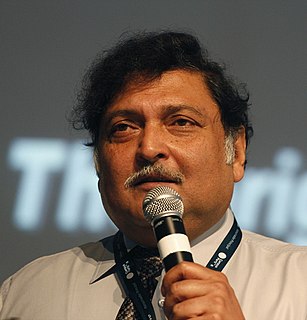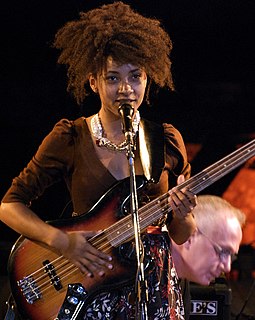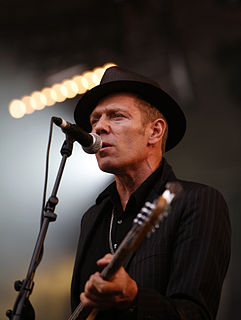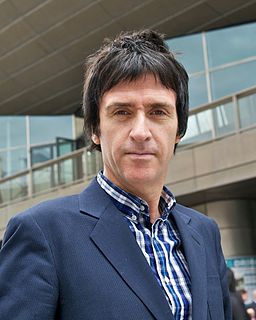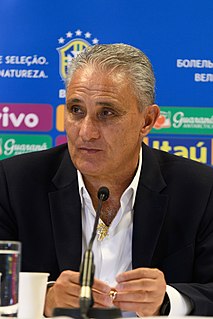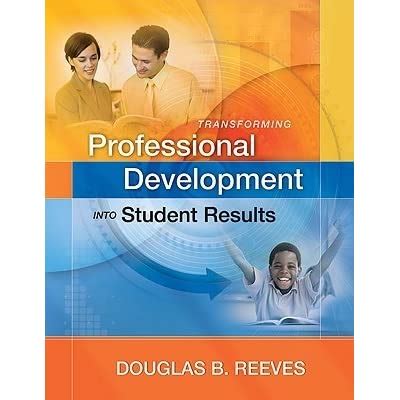A Quote by Sal Khan
Sometimes I think people confuse rote learning with traditional conceptual instruction.
Quote Topics
Related Quotes
A good traditional conceptual instruction is what I got from my better professors at MIT. They would be at a chalkboard, and they would literally be explaining something and working through a problem, but it wasn't rote. They were explaining the underlying theory and processes and intuition behind it.
Differentiated Instruction is a teaching philosophy based on the premise that teachers should adapt instruction to student differences. Rather than marching students through the curriculum lockstep, teachers should modify their instruction to meet students' varying readiness levels, learning preferences, and interests. Therefore, the teacher proactively plans a variety of ways to 'get it' and express learning.
You think me foolish to call instruction a torment, but if you had been as much used as myself to hear poor little children first learning their letters and then learning to spell, if you had ever seen how stupid they can be for a whole morning together, and how tired my poor mother is at the end of it, as I am in the habit of seeing almost every day of my life at home, you would allow that to torment and to instruct might sometimes be used as synonymous words.


